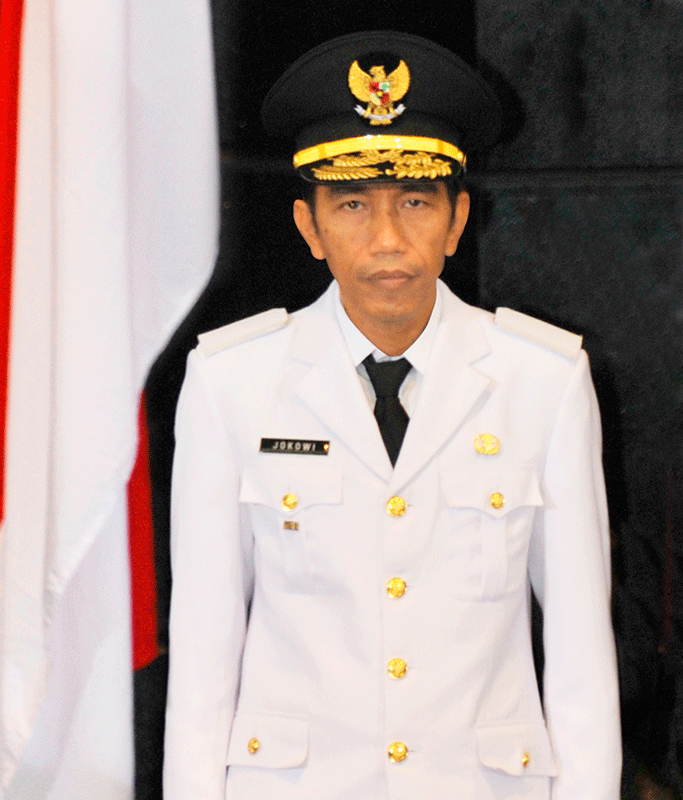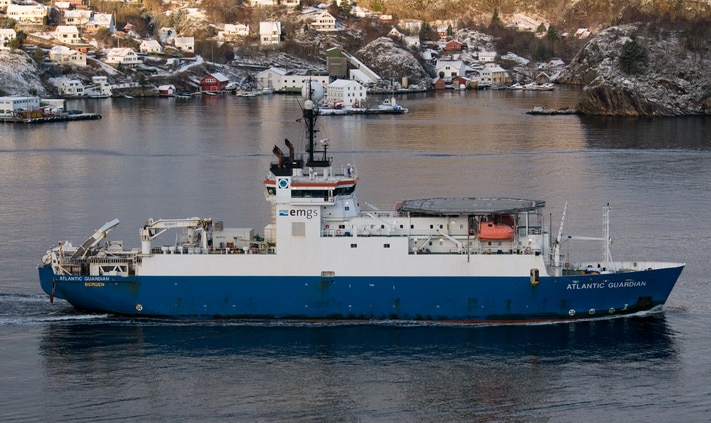Indonesian presidential elections held on July 9, 2014 saw Joko Widodo, leader of the Indonesian Democratic Party of Struggle, declared the winner, starting his five-year term as leader of the world’s third-largest democracy on October 20. The softly-spoken former furniture exporter is the country’s first president to come from outside the political and military elite and as such he will be like no other leader the country has had. In short, his win signifies the maturity of democracy in Indonesia. Millions are eager to see him deliver on promised reform but just how the new administration sets about managing the country’s energy needs, against slowing economic growth, infrastructural deficiencies and a longstanding battle against corruption, will be crucial. Risks from adverse climate conditions are high and earthquakes, volcanic eruptions, landslides, and tsunamis have the potential to severely damage energy infrastructure.
 Joko Widodo will become Indonesian President in October 2014. His election is widely seen as reflecting popular voter support for new, ‘clean’ leaders rather than the old, corrupt style of politics in Indonesia.Election Promises
Joko Widodo will become Indonesian President in October 2014. His election is widely seen as reflecting popular voter support for new, ‘clean’ leaders rather than the old, corrupt style of politics in Indonesia.Election Promises
In his election campaign Widodo promised to pursue energy policies that are oriented towards energy sovereignty and self-sufficiency, suggesting that the overall economic policy, as well as energy strategy, will lean towards economic nationalism. He also stated that revisions will be made to oil and gas regulation to be in accordance with Article 33 of the Indonesian Constitution to exert greater control over Indonesia’s energy sources. More challenging is the proposal to reform the current energy subsidy system, which is costing the government some US$ 30 billion a year and is now reaching a critical condition. The subsidy exceeds the combined expenditures on health, education, defense and social protection, but its removal will be politically difficult to accomplish and has in the past met with fierce resistance from the masses and opportunistic opposition parties. Widodo proposes a reallocation of the budget devoted to fuel subsidies to other sectors, primarily natural gas infrastructure development and exploitation, to lessen the burden on the state budget and the country’s dependency on imported oil.
He has also proposed to formulate a strategic reserve to ensure long-term energy security, enhance domestic oil production and introduce new investment schemes to encourage investor participation. Experience suggests that any attempt to cut subsidies needs to be accompanied by a public-education campaign and a clear timetable for gradual price increases; it would be a mistake to expect too much too fast. For the moment in Indonesia, there seems to be a chance to accelerate reform. It is an opportunity not to be missed.
Opportunities, But Who For?
Prospectivity is not an issue; Indonesia has 22 currently unexplored basins, 15 which have been drilled but no hydrocarbons found yet and seven basins where hydrocarbons have been found but have not yet been brought into production. The opportunities are clearly there. The Indonesian Petroleum Association (IPA) has forecast that exploration activity must be three times the current level for Indonesia to see a significant difference in its reserves and production. The IPA and others have argued that with most of the reserves now located in frontier and more difficult areas, investors would benefit from a higher production split and a more streamlined regulatory procedure. Consequently it has proposed that the government give authority to one single body, the Energy Ministry, to discuss the fiscal regime and production split with investors. A growing number of politicians are keen to see domestic firms develop a more significant role in the oil and gas sector.
Certainly, if there are moves towards economic nationalism, national oil company Pertamina’s role should be expected to grow, domestic market obligations will increase and new oil and gas laws will likely favor domestic firms. Pertamina currently lacks the capability to develop technically complex deepwater projects and as such foreign investment will be needed; this will require reasonable access and attractive incentives. But if economic nationalists push policy in the direction of expanding the national oil company’s role into technically complex areas, international players will have limited opportunity.





